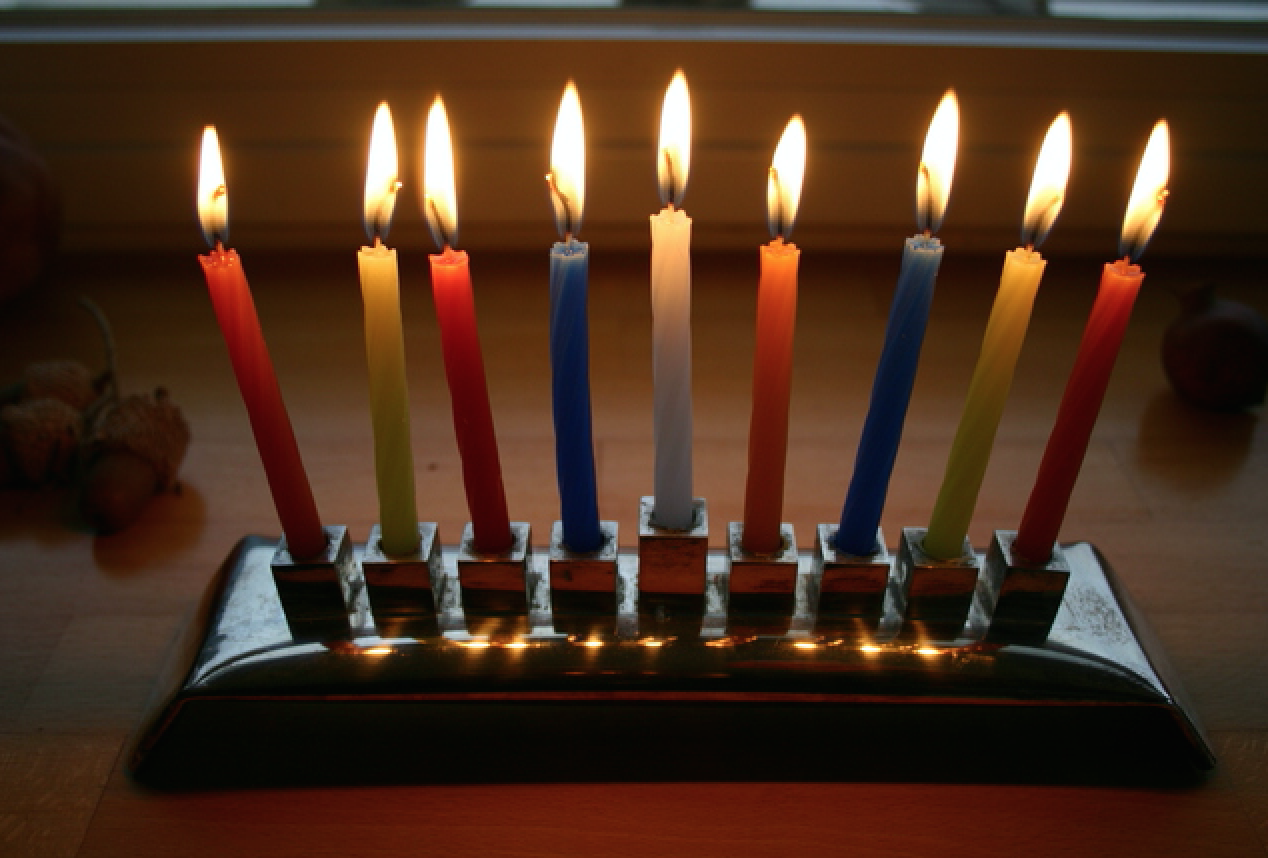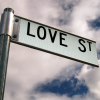This year Hanukkah came and went before most signs or sounds of Christmas started appearing. Unlike some years when the two holidays overlap on the calendar, this year gave me an opportunity to reflect more than usual about this often-overshadowed Jewish holiday.
I won’t deliver a thorough history of the holiday since that’s not hard to find online. But I will point out that the word “Hanukkah” means dedication and points to a time when the Jewish people had to decide between dedication to God and assimilation to culture. That has always been a challenge for my people with waves of persecution coming whenever they chose the former instead of the latter.
The particulars of this series of holiday-inducing-circumstances came in 175 B.C.E. (Jewish people speak of B.C.E. – “before the common era” rather than B.C. – “before Christ” for what I hope are obvious reasons) when Antiochus Epiphanes, the King of Syria, ordered all people under his rulership to conform to Greek religion and culture. This meant that Jewish practices (observance of the Sabbath, kosher dietary laws, worship at the Temple, etc.) were outlawed. The punishment for violating these edicts was death. (I guess it’s hard not to have a distorted view of your own authority after you adopt a name that means “God made manifest.”)
The Maccabees, a Jewish family consisting of a priest and his five sons, led a revolt against this Hellenist oppression. And miraculously, they won! They were able to rededicate the Temple that Antiochus Whatsisname desecrated by slaughtering pigs on the altar as a mockery of the Jewish sacrificial system. They relit the menorah, a lamp whose ever-burning flame symbolized God’s ever-present holiness.
Many more details fill the holiday with wonder, joy, and gratitude. At the center is the duality of divine sovereignty and human responsibility. God miraculously gave victory to an outnumbered band of rebels. Once again David defeated Goliath. But it took brave action by the Maccabees to carry out their David-like attack. The songs we sing for the holiday point to God’s “word which broke their swords when our own strength failed us.”
For years, that theme got obscured for me as I focused on lighting candles while teaching my sons the traditional Hebrew blessings connected to that ritual. I got lost in trying to remember what the four letters on the dreidel meant and why we play a gambling game on this holiday. (I now wonder if the dreidel has as much to do with Hanukkah as Santa Claus has to do with Christmas). And I focused on eight small gifts each night that overshadowed anything to do with resistance of cultural pressures. (Yes, there is a tremendous irony that a holiday about not assimilating has been transformed into an event of gift-giving because that “other holiday” involves gift-giving).
As our sons grew older, we changed our holiday practice to giving them only one gift at Hanukkah – something that would help them be “dedicated” to God in a world that calls for dedication to other gods. We now have a daughter-in-law as well to include in our Hanukkah gift giving. Usually it’s a book selected to help each of them in their unique life-circumstances. We jumped the gun this year and gave the gifts when we were all together for Thanksgiving since we’d be apart when the “festival of lights” began.
So, there I was, on the last night of Hanukkah, lighting the candles on our menorah, pondering what this holiday means to me now that my sons are grown and the celebration doesn’t focus on my offspring. What does it mean to me, at my age, with the gifts and callings God has given me, at this moment in history, to be dedicated to God in a secular world?
I think it means at least three things:
- I’m tempted to give up hoping that God can bring about dramatic change to a decaying culture. But a Hanukkah-mindset helps me persevere in prayer for revival.
- I’m coerced to conform to predominate opinions about morality and change my beliefs or lower my standards or compromise my vigilance. But a Hanukkah-conviction strengthens me to hold fast no matter how seductive the siren cries of sensuality.
- I’m pressured to just be silent while other opinions are loudly expressed with derision towards those who don’t toe the party line. But a Hanukkah-boldness prompts me to speak up and voice a minority view.
Of course, my frame of reference is not shaped only by Judah Maccabee. If there were no Hanukkah, there would be no Christmas. If the Jewish people had totally assimilated or been exterminated, the One in the line of another Judah would have never arrived. He was the One who truly was “God made manifest” and His “word” broke the sword of a greater enemy than pagan rulers when “our own strength failed us.”
My identity in the Messiah emboldens me to resist the Hellenisms of my day. His sacrifice accomplished more than the one the Maccabees offered on the altar after they reclaimed it from those who desecrated it. And the fact that He overcame death itself encourages me to believe He can overcome any cultural trends, no matter how pervasive or perverse they may be.



